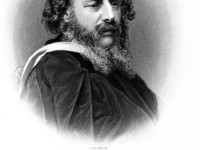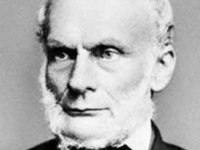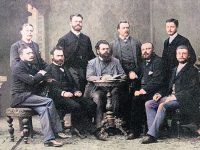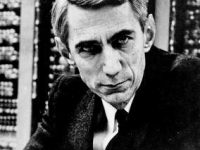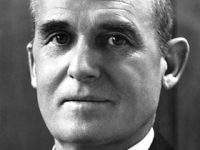Macquorn Rankine and the Laws of Thermodynamics
On July 5, 1820, Scottish mechanical engineer William John Macquorn Rankine was born. He was a founding contributor, with Rudolf Clausius and William Thomson (Lord Kelvin), to the science of thermodynamics, particularly focusing on the first of the three thermodynamic laws. “Discrepancy between theory and practice, which in sound physical and mechanical science is a delusion, has a real existence in the minds of men; and that fallacy, through rejected by their…
Read more

